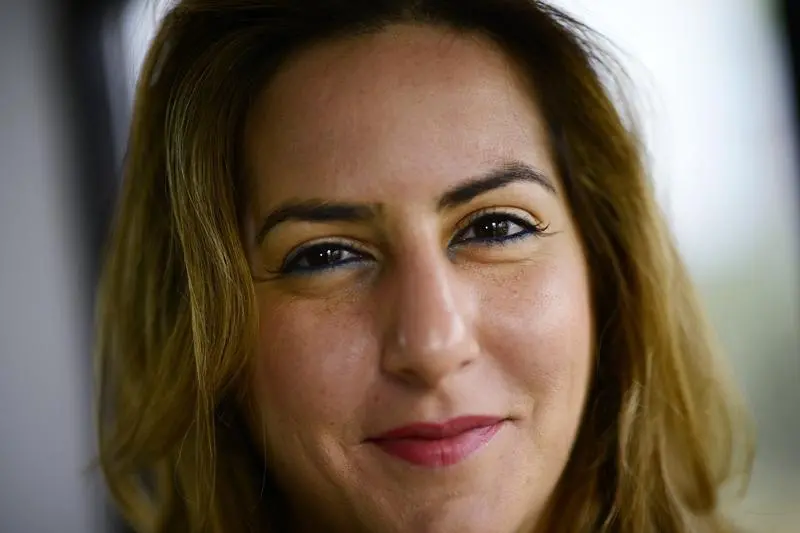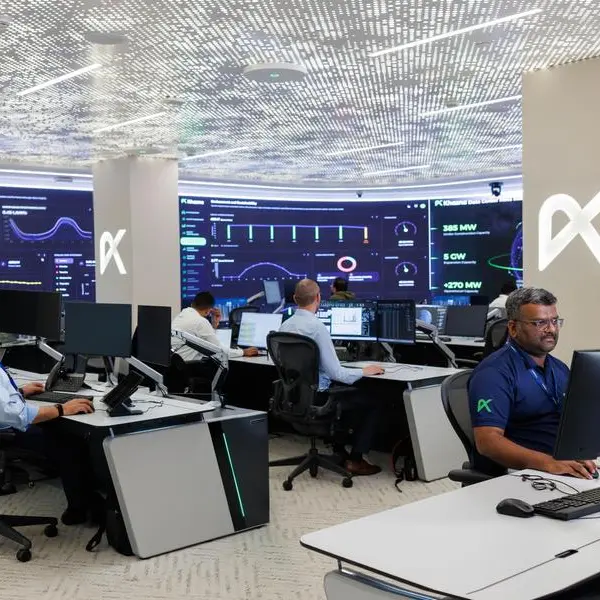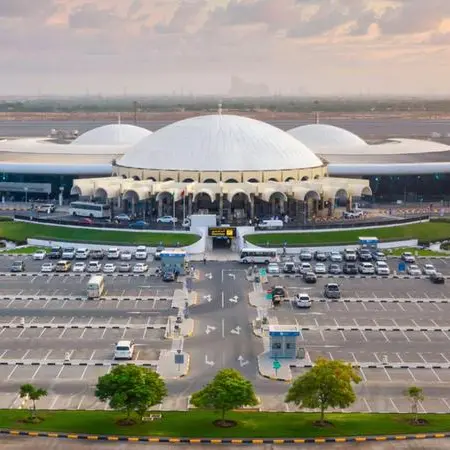PHOTO
AMSTERDAM, Sept 18 (Reuters) - An international court in The Hague rules on Friday on whether a Lebanese reporter and her TV station jeopardised the case against the killers of former Lebanese prime minister Rafik al-Hariri by exposing alleged witnesses to his assassination.
Defenders of journalist Karma Khayat say the charges raise questions about free speech and have accused the tribunal of seeking to intimidate the free press in order to prevent it from holding public institutions to account.
Khayat and Al-Jadeed, her TV station, deny wrongdoing, saying they blurred out faces and distorted voices in a series of broadcasts in 2012 which they said examined whether the Special Tribunal for Lebanon was wasting public money.
Tribunal prosecutors said the reports were part of a "campaign to undermine" the court by making witnesses clearly identifiable, exposing them to the risk of reprisals and making them more reluctant to come forward with their evidence.
If the tribunal convicts Khayat and Al-Jadeed, consequences could include a fine for both and potentially a prison term of up to seven years for the journalist. Khayat is in Lebanon and not in custody, and has attended court sessions when summoned.
The prosecutors were specially appointed to handle the contempt of court case and are separate from those pursuing Hariri's suspected assassins.
Hariri and 21 others were killed in a waterfront bomb blast in 2005 that upset a fragile peace in Lebanon, dragging the small Arab country bordering Turkey, Syria and Israel back to the brink of civil war.
Five suspects, all linked to the Lebanese Shi'ite Muslim militant movement Hezbollah, which is part of the current Beirut government, have since been indicted for the killing. They remain at large and are being tried in absentia.
Supporters of Hezbollah accuse the tribunal of serving U.S. and Israeli interests. In April, Khayat told a court hearing that her reports had aimed to expose leaks coming from the tribunal.
The court was set up with United Nations support after Lebanese politicians said their judicial system could not cope with the investigation. Its annual funding comes jointly from Lebanon and Western countries.
(Reporting by Thomas Escritt; Editing by Mark Heinrich) ((Thomas.Escritt@thomsonreuters.com; +31 20 5045006; Reuters Messaging: thomas.escritt.thomsonreuters@reuters.net))
Keywords: LEBANON TRIBUNAL/
Defenders of journalist Karma Khayat say the charges raise questions about free speech and have accused the tribunal of seeking to intimidate the free press in order to prevent it from holding public institutions to account.
Khayat and Al-Jadeed, her TV station, deny wrongdoing, saying they blurred out faces and distorted voices in a series of broadcasts in 2012 which they said examined whether the Special Tribunal for Lebanon was wasting public money.
Tribunal prosecutors said the reports were part of a "campaign to undermine" the court by making witnesses clearly identifiable, exposing them to the risk of reprisals and making them more reluctant to come forward with their evidence.
If the tribunal convicts Khayat and Al-Jadeed, consequences could include a fine for both and potentially a prison term of up to seven years for the journalist. Khayat is in Lebanon and not in custody, and has attended court sessions when summoned.
The prosecutors were specially appointed to handle the contempt of court case and are separate from those pursuing Hariri's suspected assassins.
Hariri and 21 others were killed in a waterfront bomb blast in 2005 that upset a fragile peace in Lebanon, dragging the small Arab country bordering Turkey, Syria and Israel back to the brink of civil war.
Five suspects, all linked to the Lebanese Shi'ite Muslim militant movement Hezbollah, which is part of the current Beirut government, have since been indicted for the killing. They remain at large and are being tried in absentia.
Supporters of Hezbollah accuse the tribunal of serving U.S. and Israeli interests. In April, Khayat told a court hearing that her reports had aimed to expose leaks coming from the tribunal.
The court was set up with United Nations support after Lebanese politicians said their judicial system could not cope with the investigation. Its annual funding comes jointly from Lebanon and Western countries.
(Reporting by Thomas Escritt; Editing by Mark Heinrich) ((Thomas.Escritt@thomsonreuters.com; +31 20 5045006; Reuters Messaging: thomas.escritt.thomsonreuters@reuters.net))
Keywords: LEBANON TRIBUNAL/





















